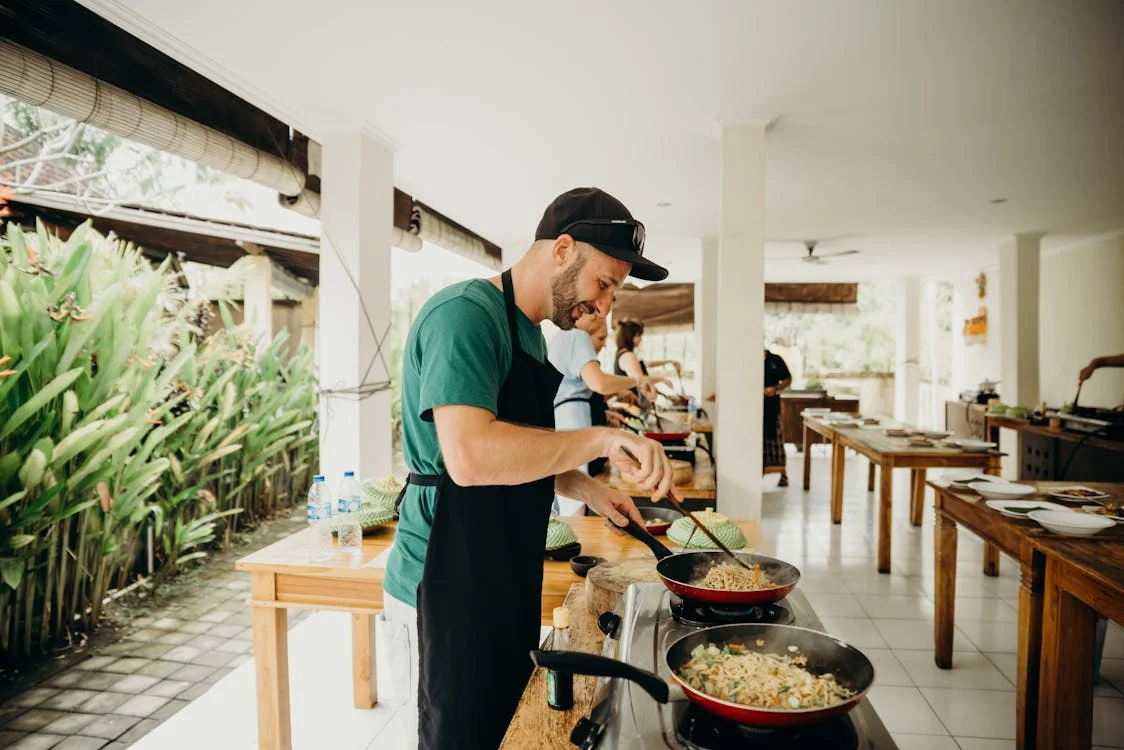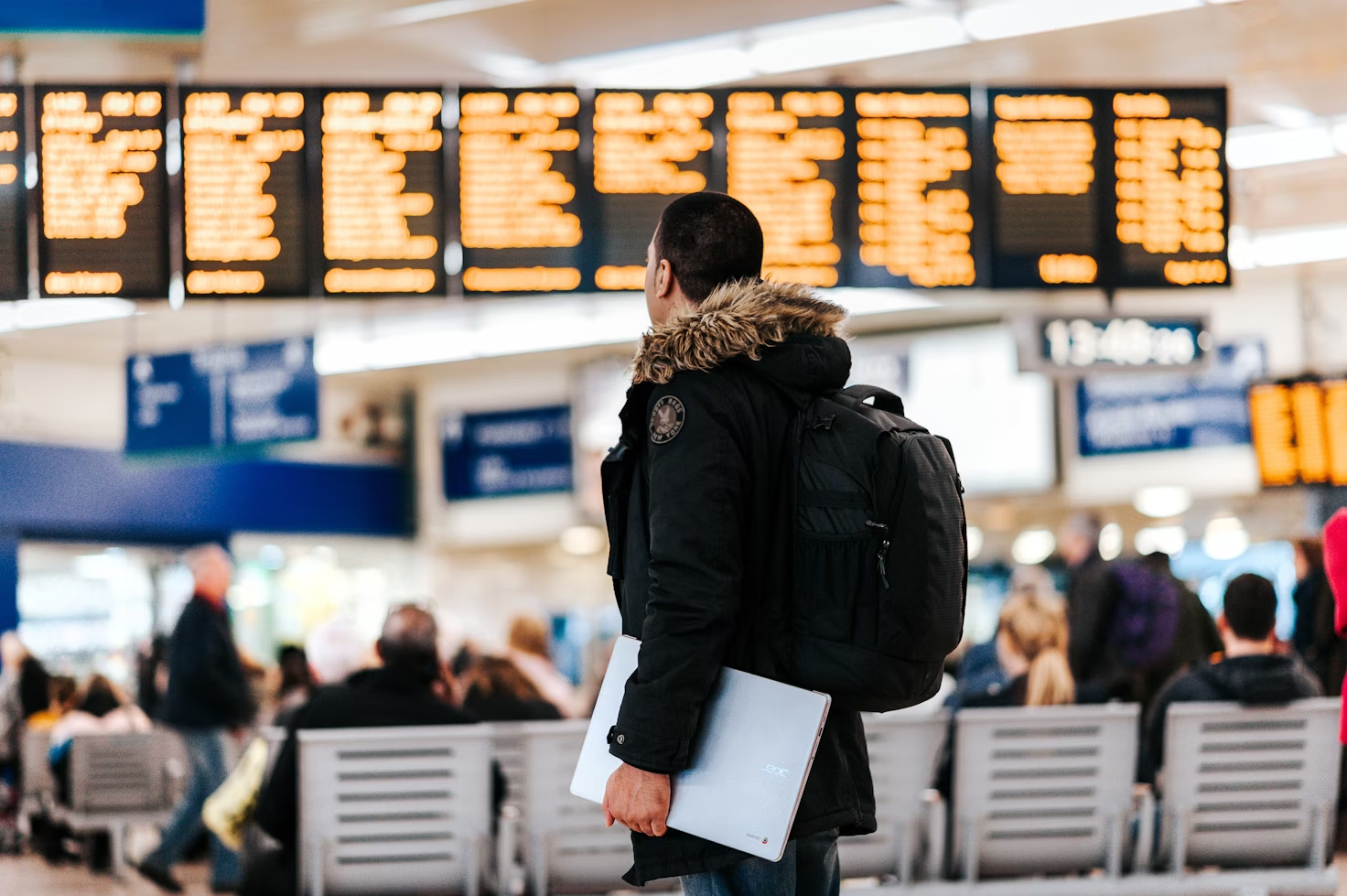Finding real connections while traveling isn’t always easy, but cooking classes abroad open doors that go far beyond food. When you step into a local kitchen, you don’t just learn recipes—you get firsthand insight into daily traditions, family life, and the heartbeat of a region’s culture.
- Cooking classes abroad let you connect with locals and fellow travelers in a natural, welcoming setting.
- You get an inside look at family routines, kitchen traditions, and how people live daily.
- These classes are a chance to join in, share stories, and pick up more than just recipes.
- Solo travelers and backpackers often find these hands-on lessons lead to real friendships.
- The memories from cooking together go beyond the food—you take home a piece of the culture.
In this guide, you’ll discover what cooking classes abroad teach you about culture, from the secrets hidden in grandma’s sauces to the stories shared over a chopping board. You’ll also find step-by-step advice on how to book a class in Europe, plus tips for making the most of every lesson. Ready to experience travel through taste? Let’s get started on a deeper, more flavorful journey.
How Cooking Classes Unlock Cultural Understanding
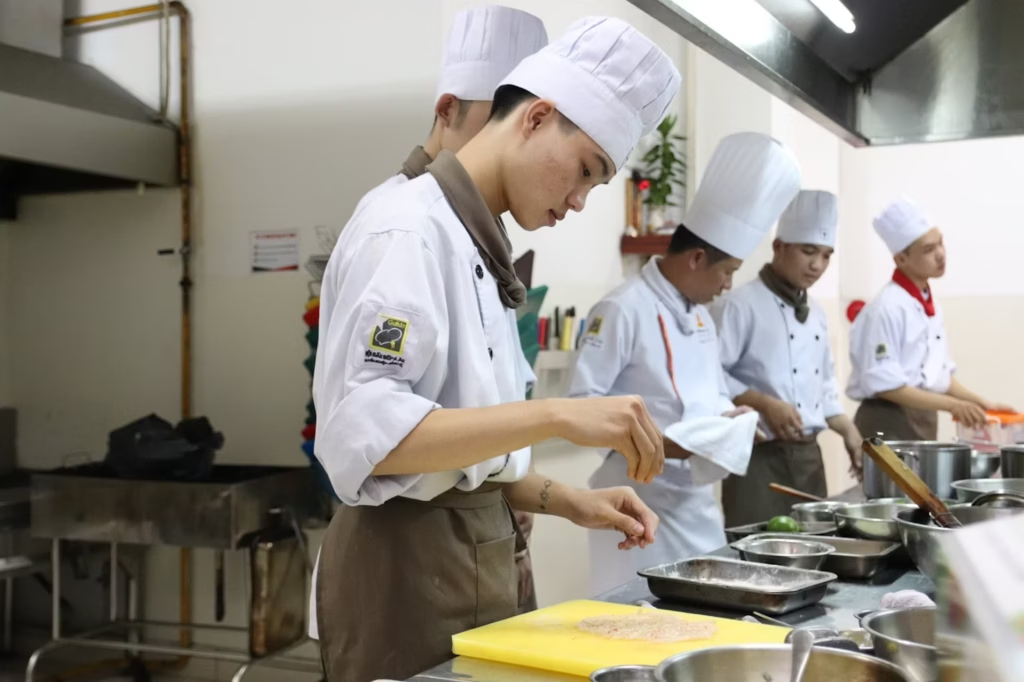
Joining these experiences throws you into the colorful heart of local life, turning every bite into a lesson about the world around you. When you cook with others, you see how food reveals a region’s history, connects families, and keeps old traditions alive. Let’s break down how these classes help you see and taste culture in new ways—through ingredients, traditions, and shared meals.
Discovering The Stories Behind Local Ingredients
From seaside villages in Greece to hill towns in Italy, every region in Europe has star ingredients shaped by geography, climate, and centuries of trade. Taking cooking classes abroad gives you a front-row seat to these stories.
- Olives in Greece: You’ll likely taste the country’s storied olives and golden olive oil, a staple thanks to the rocky soil and sunny Mediterranean climate. Locals have grown and pressed olives for generations—often on family-run farms.
- Truffles in Italy: Wander into an Italian kitchen class, and you might shave truffles over fresh pasta. These prized fungi only grow in certain forests, making them treasures that reflect the land’s secrets and the patient traditions of foragers.
Learning Food Traditions And Rituals
Each country—and even each town in Europe—has its own food customs and mealtime rituals. Cooking classes do more than show you how to assemble local dishes; they clarify what, when, and why people eat together.
- Mealtimes with Meaning: In Spain, lunch is a slow, social affair, sometimes stretching over several hours. In Italy, Sunday family lunches can be the week’s main event.
- Seasonal Celebrations: From French wine harvest feasts to German Oktoberfest, food anchors the calendar and brings people together for special occasions.
- Communal Gatherings: Many European villages host seasonal “sagra” festivals, where everyone joins in to cook, eat, and celebrate tradition.
Experiencing Social Customs Around Cooking And Eating
Cooking classes abroad teach you the unwritten rules and small courtesies that shape gatherings at the table. In Europe, these social customs can be as important as food.
- Group Cooking: Many classes encourage teamwork—everyone washes, chops, or stirs. Mistakes lead to jokes, not scolding. It’s a relaxed, friendly vibe that breaks the ice.
- Etiquette: Table manners matter, but there’s plenty of warmth. Whether clinking glasses in France or passing bread in Italy, rituals build connection and show respect.
- Bridging Cultures: Breaking bread side by side removes language barriers and makes travelers feel welcome. Village feasts, like those in the Croatian countryside or Spanish rural towns, invite outsiders to join in, making lasting memories.
For travelers ready to go beyond recipes, cooking classes abroad don’t just fill your stomach—they fill your mind with new perspectives.
How To Find And Book The Perfect Cooking Class In Europe
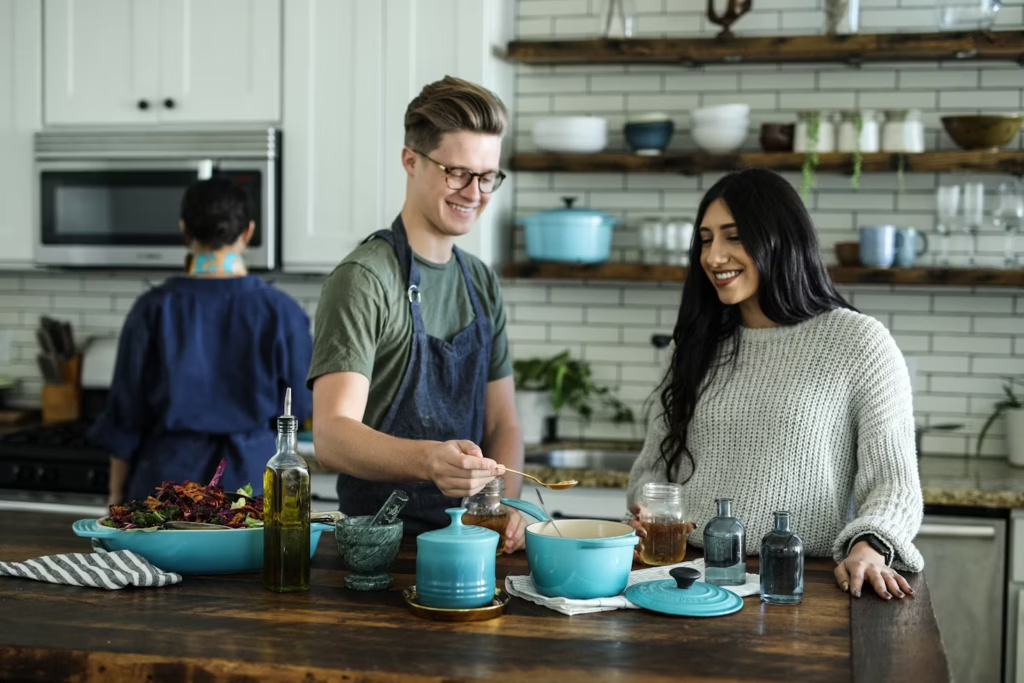
Booking the right cooking class in Europe turns a regular trip into a hands-on adventure. These experiences connect you with local people and food traditions in a way that nothing else can. Here’s how to ensure you get the most authentic experience—after a city kitchen workshop, a rustic farm day, or a lively family-style lesson.
Types Of Cooking Classes
Europe’s cooking classes offer a variety of formats, from quick half-day sessions for busy travelers to multi-day courses with producer visits and cultural immersion. Many also accommodate special diets like vegetarian, vegan, or gluten-free. Here are some types of cooking classes offered:
- Urban Kitchens: In cities like Rome, Paris, or Barcelona, you’ll find lively classes set in professional kitchens or cozy chef’s apartments. These often include themed evenings—like pasta in Italy or tapas in Spain—and bring together travelers worldwide.
- Farmhouses and Agriturismos: In the countryside, many classes occur in converted barns, family farms, or scenic vineyards.On Italian farms, you’ll harvest ingredients straight from the field and cook traditional recipes that tell the story of the land.
- Market-to-Table Experiences: Some of the best cooking classes abroad start in a bustling market. You’ll shop for seasonal produce, learn what to look for, and then carry your basket back to the kitchen for a lesson in turning simple ingredients into regional dishes.
Finding Authentic Local Experiences
Not all cooking classes abroad are created equal. To make sure your experience feels genuine and memorable, consider these tips:
- Read recent reviews: Look for mentions of personal touches, local recipes, and small group sizes, andcheck out a guide online or a community forum for more tips.
- Class size: Smaller groups mean more hands-on attention and better opportunities to interact with instructors.
- Instructor background: Seek out classes led by locals with strong roots in the area—chefs, home cooks, or food writers.
- Traditional focus: Ensure the menu features regional specialties, not generic tourist fare.
- Special interests: If you’re vegetarian, vegan, or have food allergies, double-check that your needs are met.
- Atmosphere: Decide if you want a bustling, social vibe or a more intimate, family-style setting.
Online Resources And Booking Platforms
Today, you have several ways to book a memorable cooking class abroad—before you leave home or once you’re on the ground:
- Dedicated class platforms: Websites like Cookly, EatWith, and AirBnB Experiences offer thousands of options, ranked by guest reviews and photos.
- Local tourism websites: Many cities and regions promote classes led by local cooks or small businesses.
- Arrive and ask: If you’re already at your destination, check local food shops and notice boards, or ask your hotel for recommendations. Markets often have flyers or tours that include lessons.
Cooking classes abroad are a doorway to genuine connections, local tastes, and travel stories you’ll remember long after the last bite.
Making The Most Of Your Culinary Experience
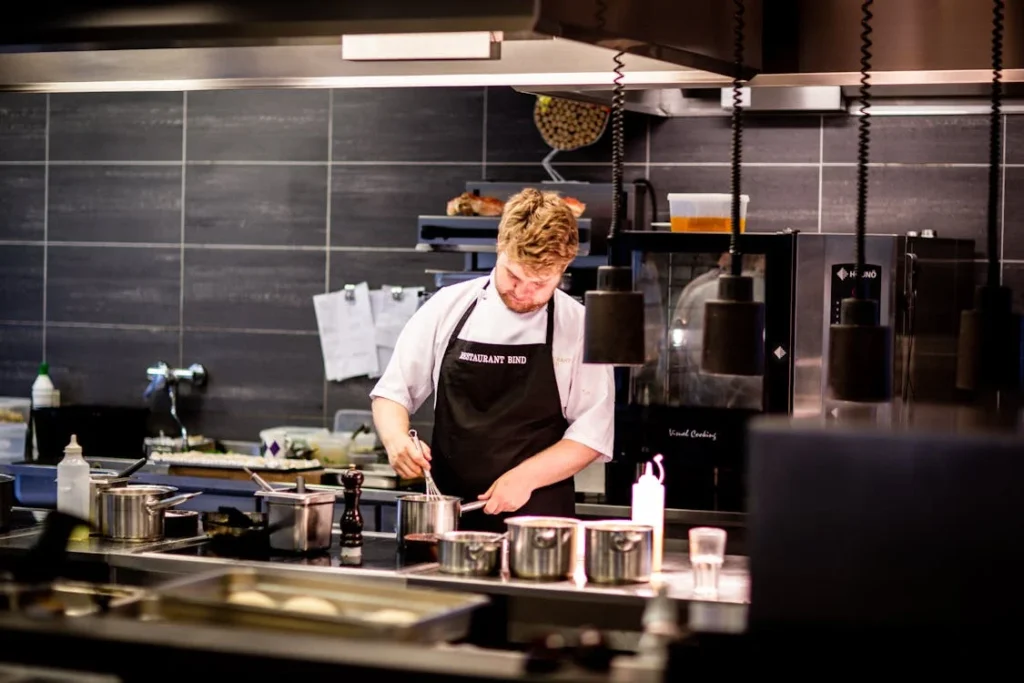
Booking and joining cooking classes abroad is just the start—the real magic happens when you immerse yourself in every moment. Here’s how to turn your lesson into a standout memory that deepens your connection to local culture.
Ask Questions And Participate Fully
Cooking classes abroad work best when you’re actively involved—from the first hello to the final tasting. Don’t sit back like a guest at a restaurant. Instead, take every chance to jump in.
- Ask the instructor about the story behind a special spice, a family recipe, or a regional method. Locals love sharing how their grandmother always did things a little differently, and you’ll get richer insights.
- Taste, touch, and smell every ingredient. Volunteer to stir, chop, or serve. Your enthusiasm sets the tone and encourages others to engage.
- Politely ask about recent traditions or upcoming festivals tied to the food you’re making. This often sparks personal stories that tours never reveal.
Documenting Recipes And Memories
Preserving what you learn goes well beyond snapping a few food photos. To bring your experience home, capture recipes, techniques, and stories in a way that lets you revisit them—and share with others.
- Bring a compact notebook or use a notes app to jot down steps, local terms, and flavor secrets as you go.
- Snap photos of ingredient labels, prepping hands, and finished dishes—with permission. Natural light and candid moments look best.
- Ask your host to explain the dish’s history, and write down any family anecdotes or folklore tied to it.
- Record quick voice memos or short videos if allowed.
Sustaining Connections And Bringing Culture Home
The friendships and skills you gain from cooking classes abroad don’t have to end with your trip. Keeping those connections alive adds more flavor to your daily life.
- Swap emails or social media with classmates and instructors. Share updates and photos of meals you recreate at home.
- Join food-focused groups or forums related to your host destination—these are great for recipe swaps, festival alerts, and planning future travels.
- Add new dishes to your weekly rotation. Update your spice rack or pantry with ingredients that remind you of your journey.
- Inspire others to try something new, whether by hosting a themed dinner or teaching what you learned.
These steps help transform your one-time class into an ongoing exchange of culture, stories, and flavors—enriching your travels and table for years to come.
Final Thoughts
Cooking classes abroad in Europe don’t just fill your plate—they fill your life with deeper connections, personal stories, and a true sense of place. Each lesson lets you enter the rhythm of daily life, opening up friendships and traditions you’ll remember long after the trip ends. As you share laughter in a farmhouse or swap recipes with locals, you gain more than cooking tips—you add meaning to your travels.
- Research local cooking classes in your destination and read recent reviews to find authentic, small-group experiences.
- Contact hosts to share your interests or ask about special dietary needs before booking.
- Bring a notebook or use your phone to jot down the class’s recipes, ingredient tips, and stories.
- Stay connected with classmates or instructors on social media to keep those new friendships alive.
- Try recreating the dishes at home and invite friends or family to share what you learned from your travels.
Make cooking classes abroad part of your next adventure. Your memories will have as much flavor
as the dishes you create. Ready to bring new tastes and traditions home? Start planning your next unforgettable meal and family-friendly European travel to expand your horizons further.

